Connect with us...
Organizing committee
ICOM8 local organizing committee
The following scientists serve on the local organizing committee, helping to identify keynote speakers, symposium and session organizers, and potential sponsors. Their expertise and assistance is greatly appreciated and has added immeasurably to the quality of the scientific program.
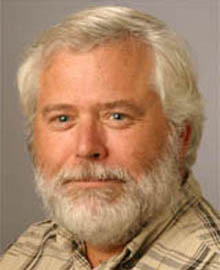
Dr. Michael Allen: Mike is Professor of Plant Pathology and Professor and Chair of Biology, University of California, Riverside, where he is also the Director of the Center for Conservation Biology. His interests focus on the regulation of community and ecosystem processes by soil organisms with special emphasis on mycorrhizal fungi. Mike’s current research concentrates on global change dynamics and structure of undisturbed areas, and how that information can be utilized in the conservation and restoration of native ecosystems.
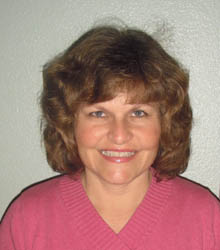
Dr. Catherine (Kittty) Gehring: Kitty is a Professor in the Department of Biological Sciences, Northern Arizona University. Her research focuses on improving understanding the functioning of fungi in natural and managed systems. Kitty also directs the Gehring Laboratory of Mycorrhizal Ecology and mentors doctoral students the Integrative Bioscience: Genes to Environment training program.
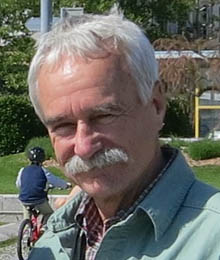
Dr. James Graham: Jim is a Professor of Soil Microbiology at the University of Florida’s Citrus Research and Education Center. Jim’s research focuses on pathogenic and mutualistic microbe relationships of citrus trees and citrus soils, and the development of management tactics that sustain root health. The goal of his research is to improve integrated management strategies for above- and below-ground diseases and pests that reduce productivity of citrus.
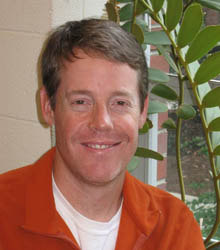
Dr. Jason Hoeksema: Jason is an Associate Professor in the Department of Biology at The University of Mississippi. Jason’s lab studies are the ecological and evolutionary consequences of species interactions (such as mutualism, parasitism, and competition) on populations and communities, with a focus on interactions between plants and mycorrhizal fungi.
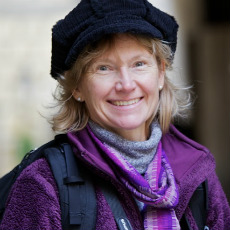
Dr. Nancy Johnson: Nancy is a Professor in the School of Earth Science and Environmental Sustainability and studies arbuscular mycorrhizas, which are fungal symbioses with most terrestrial plants. Mycorrhizas in natural and agricultural systems are her primary research focus because understanding how to manage them may help generate an important belowground carbon sink.. Nancy also directs the Soil Ecology Lab.
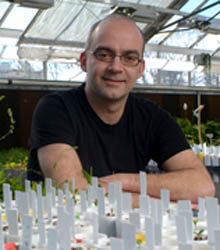
Dr. John Klironomos: John is a Professor of Biology and Associate Dean of Research at the University of British Columbia, Okanagan Campus, where he directs the Klironomos Lab. John’s long-term research goal is to understand the structure and functioning of mycorrhizal symbioses in natural ecosystems. More specifically, the aim is to understand how mycorrhizal fungi are distributed in space and time, to describe how they interact with each other and their environment, to determine their potential for influencing plant community structure, to assess their contribution to carbon and nutrient cycling, and to develop strategies for manipulating and managing the symbiosis in agriculture, forestry, and landscape rehabilitation.
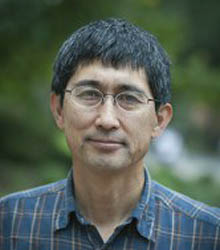
Dr. Roger Koide: Roger is a Professor of Biology in the College of Life Sciences at Brigham Young University, where he directs the Koide Lab. Roger is interested in the physiological, population and community ecology of plants and associated fungi, including mycorrhizal fungi. Roger, who has researched mycorrhiza fungi for more than 25 years, works in both natural and agricultural ecosystems.

Dr. R. Michael Miller: Mike is a Senior Terrestrial Ecologist, Biosciences Division, Argonne National Laboratory and a Senior Fellow, Institute for Genomic & Systems Biology, University of Chicago and Argonne National Laboratory. Mike research interests include mechanisms of adaptation in plants and mycorrhizal fungi as influenced by climate change and disturbance; effects of mycorrhizal fungi on vegetation and soil community structure and function; ecophysiology of mycorrhizal plants and their fungi; and application of molecular tools to understanding rhizosphere mechanisms.
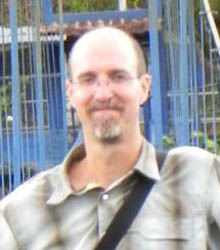
Dr. Lee Taylor: Lee is an Associate Professor and Associate Department Chair in the Department of Biology at the University of New Mexico. Lee’s research interests include evolutionary ecology of plant–microbe interactions and fungal biodiversity. Lee also directs the Taylor Lab, which is interested in the study of various aspects of the evolution and ecology of plants, fungi, and bacteria.
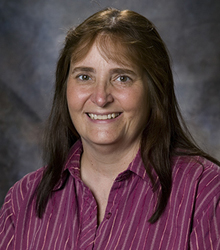
Dr. Gail W. T. Wilson: Gail is a Professor in the Department of Natural Resource Ecology and Management at Oklahoma State University. Gail’s research interests are in plant community ecology, plant-soil microbe interactions, and plant-animal interactions, utilizing a combination of experimental field and greenhouse studies. The majority of her research focuses on rangeland ecology and management, fire ecology, nutrient dynamics, and grassland restoration, with an emphasis on belowground mechanisms such as mycorrhizal symbiosis and belowground populations of meristems.